Table of Contents
ToggleIntroduction
The fashion industry is undergoing a digital transformation, with virtual fashion events becoming increasingly prominent. These virtual runways provide a platform for designers to showcase their collections to a global audience without the limitations of physical events. In this article, we explore the top virtual fashion events that are shaping the future of fashion.
The Evolution of Fashion Shows
Traditional fashion shows have long been the cornerstone of the fashion industry, providing a platform for designers to present their latest collections to buyers, media, and influencers. However, the rise of digital technology and the challenges posed by the global pandemic have accelerated the shift towards virtual runways. Virtual fashion shows offer an innovative and inclusive way to experience fashion, breaking geographical barriers and reaching a wider audience.
Benefits of Virtual Fashion Events
Virtual fashion events come with several advantages that make them an attractive alternative to traditional shows:
Global Accessibility and Reach
Virtual runways allow fashion enthusiasts from around the world to participate, making fashion shows more inclusive and accessible.
Cost-Effectiveness and Sustainability
By eliminating the need for physical venues, travel, and logistics, virtual events reduce costs and environmental impact, promoting sustainability in the fashion industry.
Enhanced Creativity and Innovation
Digital platforms offer designers the freedom to experiment with creative elements like AR, VR, and digital avatars, pushing the boundaries of traditional fashion presentations.
Top Virtual Fashion Events
1. The Fabricant’s Digital Fashion Week
The Fabricant, a pioneering digital fashion house, hosts an annual Digital Fashion Week that features fully virtual collections from top designers. The event showcases the latest in digital garment technology and virtual fashion artistry.
2. Balenciaga’s Afterworld: The Age of Tomorrow
Balenciaga’s innovative virtual event combined gaming technology with fashion, allowing attendees to explore a futuristic world and interact with digital garments in a fully immersive experience.
3. Shanghai Fashion Week
Shanghai Fashion Week embraced digital platforms to reach a global audience, featuring live-streamed runway shows, virtual showrooms, and interactive sessions with designers.
4. London Fashion Week Digital
London Fashion Week Digital offers a blend of virtual and physical presentations, providing a hybrid experience that includes digital runways, virtual showrooms, and exclusive online content.
5. Decentraland Metaverse Fashion Week
Hosted in the virtual world of Decentraland, this event brings together fashion designers and tech enthusiasts to explore the intersection of fashion and blockchain technology, featuring virtual fashion shows and digital asset sales.
Technologies Behind Virtual Runways
Virtual fashion events leverage cutting-edge technologies to create immersive and engaging experiences:
Augmented Reality (AR) and Virtual Reality (VR)
AR and VR technologies enable attendees to experience fashion shows in a 3D environment, providing an interactive and lifelike experience.
Digital Avatars and 3D Modeling
Designers use digital avatars and 3D modeling to create lifelike representations of garments, allowing for detailed and realistic virtual presentations.
Live Streaming and Interactive Platforms
Live streaming technology allows for real-time broadcasts of fashion shows, while interactive platforms enable attendees to engage with the content and interact with designers.
Case Studies: Success Stories of Virtual Runways
Iris van Herpen’s Digital Couture
Known for her avant-garde designs, Iris van Herpen successfully utilized digital fabrication and virtual runways to present her collections, gaining widespread acclaim and media coverage.
Gucci’s Digital Sneaker Launch
Gucci’s virtual sneaker launch on the mobile app Wanna combined AR technology with e-commerce, allowing users to try on and purchase digital sneakers, driving engagement and sales.
Challenges and Future Prospects
Despite the benefits, virtual fashion events face several challenges:
Technical and Logistical Challenges
Ensuring high-quality streaming, managing digital infrastructure, and providing a seamless user experience are critical challenges for virtual runways.
Future Trends
As technology continues to evolve, the future of virtual fashion events looks promising. Innovations in AI, VR, and blockchain are expected to further enhance the virtual fashion experience, making it more immersive and interactive.
Conclusion
Virtual fashion events are redefining the way we experience fashion, offering unprecedented opportunities for designers and buyers to connect and engage. By embracing virtual runways, the fashion industry can reach a global audience, promote sustainability, and drive innovation. As the digital landscape continues to evolve, virtual fashion events will play an increasingly important role in shaping the future of fashion.


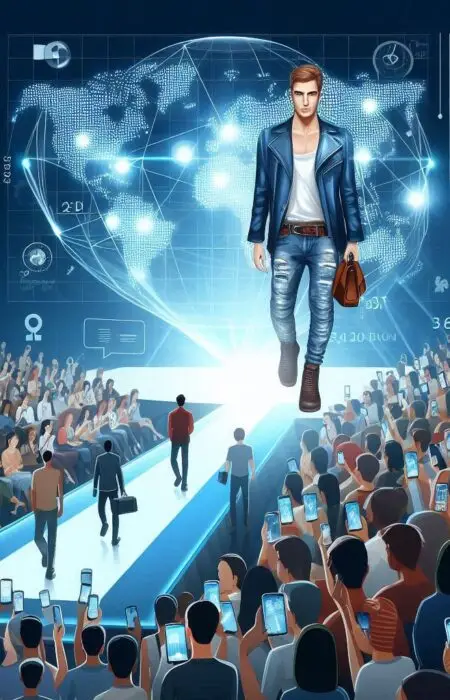

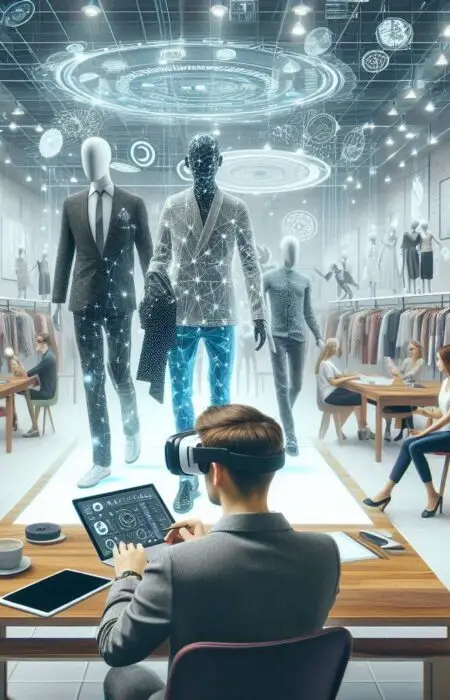
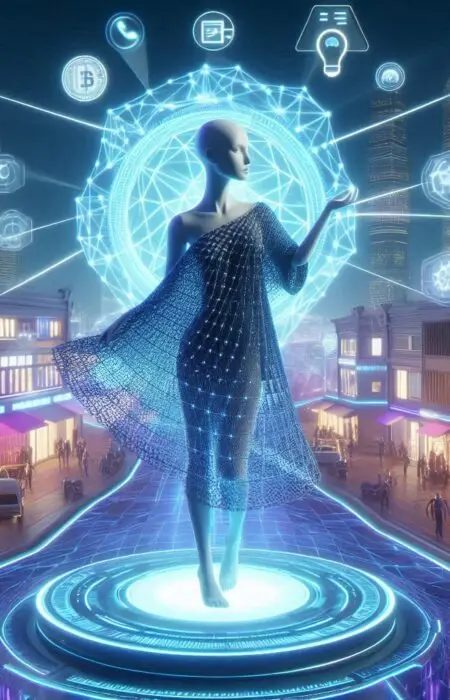
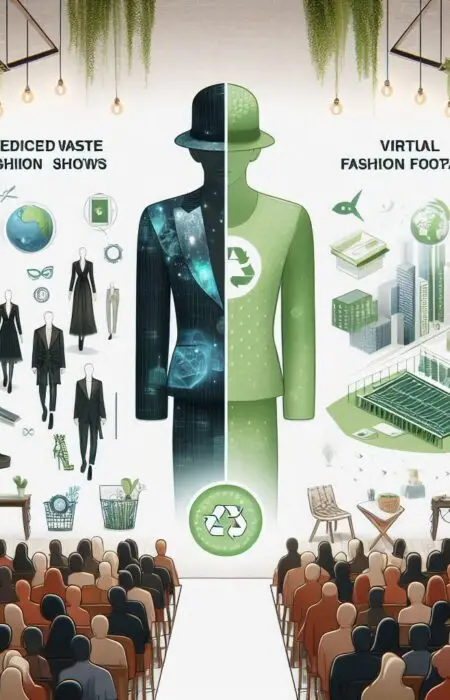

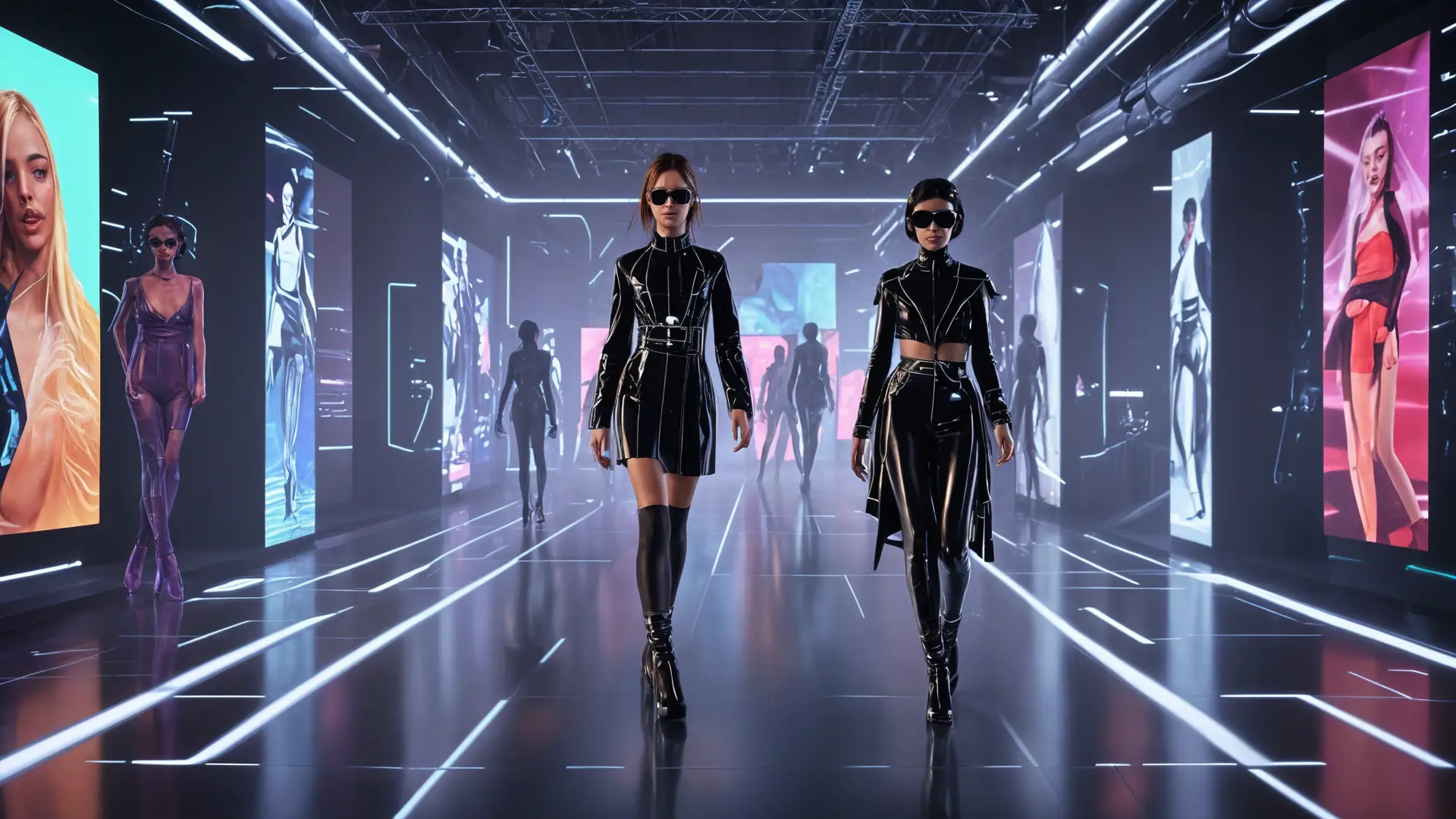

Hi my loved one I wish to say that this post is amazing nice written and include approximately all vital infos Id like to peer more posts like this